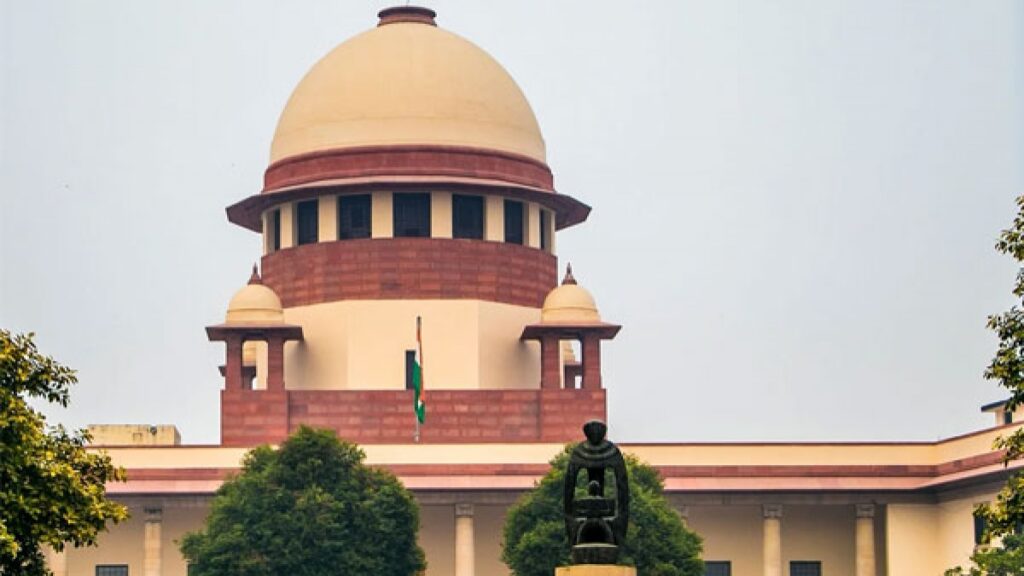Nithyakalyani Narayanan. V
The Supreme Court considered forming a committee with former judges of the High Courts to make an overall assessment of the situation, rehabilitation and restoration of homes along with guaranteeing that the pre-investigation processes relating to recording of statements are in the proper way while hearing the batch of petitions concerning Manipur violence.
Chief Justice of India DY Chandrachud expressed concerns about the “lethargic” investigation procedures of the state police so far. The bench, comprising of the CJI, Justices JB Pardiwala and Manoj Misra, on August 1st, opined on how to proceed, given the lack of trust in the state police’s ability to handle the sensitive case effectively.
The main aim of the committee, suggested by the CJI, would be to decide on matters related to relief, compensation, and rehabilitation for the victims of the violence. The committee would supervise the government’s actions– “We are thinking out loud- we may think of constituting a committee consisting former judges of High Courts. It will be a broad based committee. First we will decide on the remit of the committee such as relief, compensation, rehabilitation- to sort of supervise the work of the government.”
The Chief Justice stressed the importance of taking statements from victims who might have left Manipur, highlighting that location should not be a barrier to justice. The bench recognized the impracticality of entrusting the CBI with the investigation of over 6,500 FIRs pertaining to the clashes. The court expressed its doubts about relying on the state police for the task due to previous concerns about their performance– “The recording under Section 164 statements has to be taken irrespective of where the victims are. Many have left Manipur but statements have to be taken. We would like the SG to take instructions on this- on who will investigate? We are not in the situation where the state police carries out the investigation. So we’ll need a mechanism – in which case what do we do? We’re clear about the fact that entrusting CBI will investigation of 6500 FIRs is impossible. At the same time, state police can’t be entrusted. So what do we do? Come back on that.”
The Bench explained that its approach would be based on data and objectivity. Irrespective of the identity of the perpetrators or victims, the apex court held that justice should prevail regardless of any external factors – “I repeat, our approach is irrespective of whoever has committed the offence. Offence is an offence regardless of who is victim or the perpetrator. There are eminent counsels on both side. And that’s fine because all perspectives should come. But we will be driven by data and that is how we will maintain objectivity.”
The Court will consider the matter next Monday.

